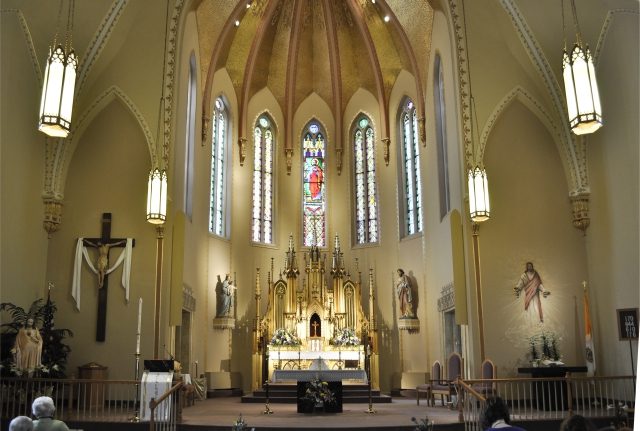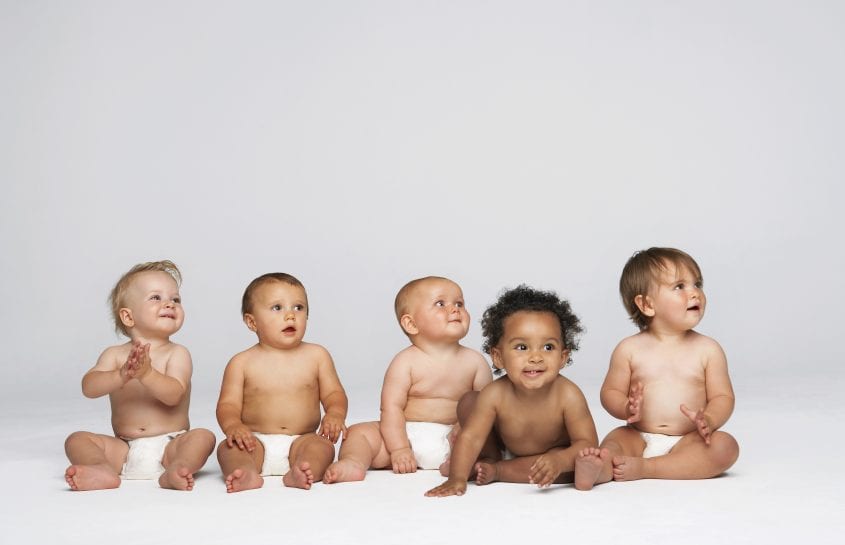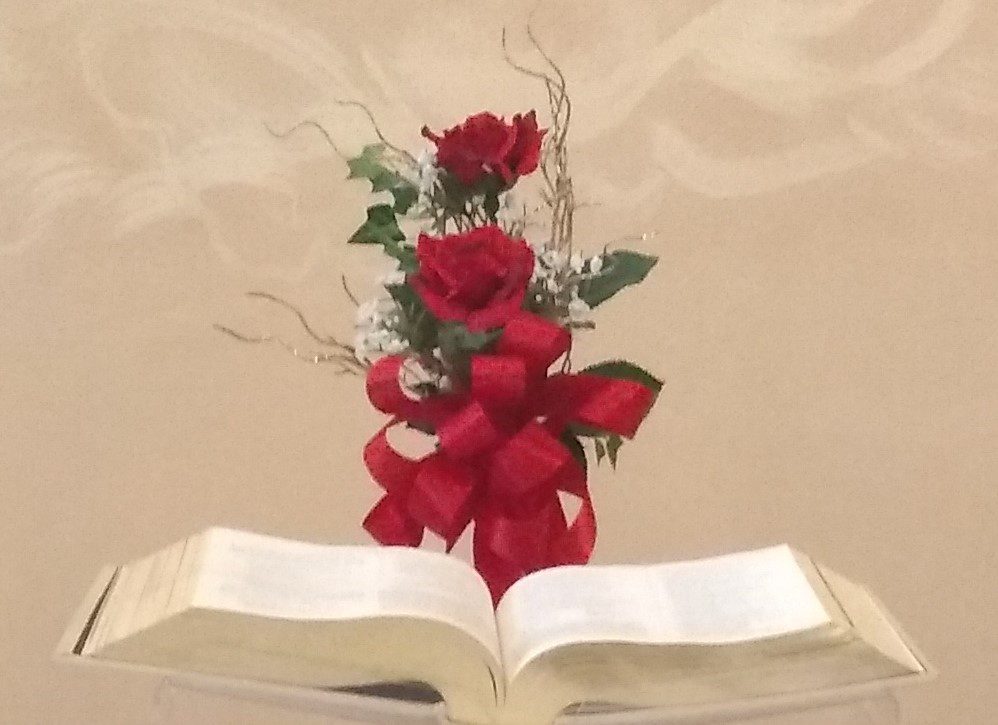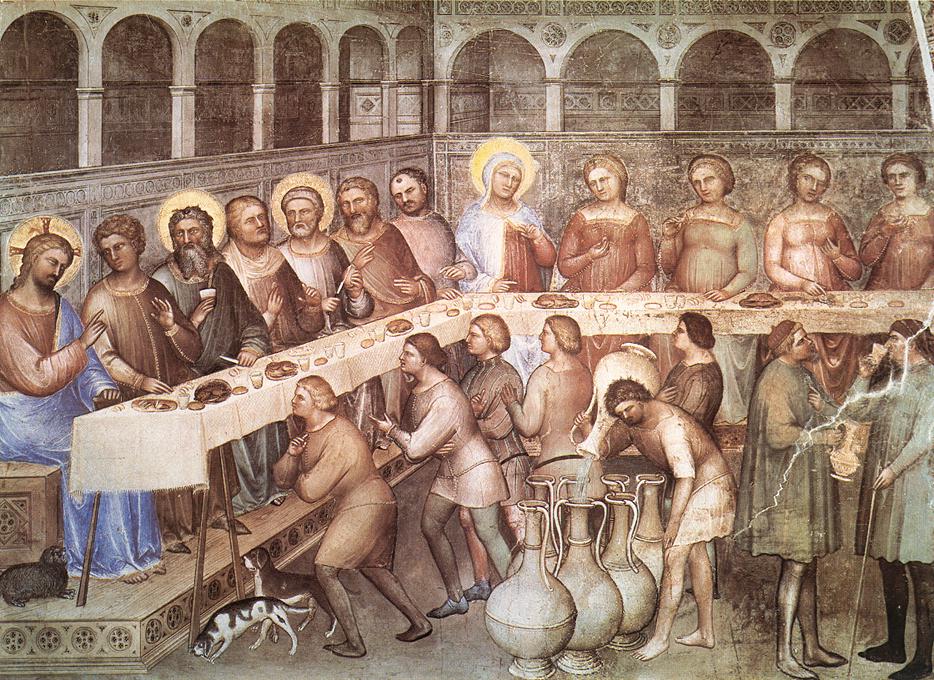There has been a lot of confusion in our society and culture in general about the role drugs take. This confusion has affected how we may use them, and makes us vulnerable to using them in a way that is bad for the person using them and those around them. Often, addictions can run rampant and hurt many families and marriages. Children grow up without a parent, either through divorce, or simply because the parent is absent in mind and/or in body.
In the past couple years there has been a big push to legalize recreational use of marijuana. No Catholic could endorse such a thing. When we deal with drugs, we are dealing with a substance that changes the thought process so much that it weakens the will. The Church teaches that God designed our souls to have three powers: the intellect, passions, and the will. When we take a mind-altering drug, our perception of reality does not coincide with reality itself. The intellect can easily be brought to ignorance or deception. In fact, the intellect is so damaged in the duration of the drug’s effects that many who are addicted cannot remember the pain they caused or, even if they do remember the events, they do not comprehend reality correctly and the hurt caused.
Over time, the intellect can get malformed. The habit of bad thinking makes a home so that even when the person is not high, the mind is still not in reality. For those who are in reality around them, this can make their lives unstable and, therefore, upsetting. This is particularly true for those who suffer physical and emotional abuse.
As an addiction progresses, it also malforms the passions. The person with an addiction slowly prefers the drug of choice over the family or loved ones. As much as they may emotionally ‘love’ their family, in reality, they do not have the ability to love them in deed (works). This becomes particularly hurtful for children when the parent is not there because they chose to be on the drug, rather than with the child. People with addictions to the harder drugs may even steal from family members, destroying the trust that God wants to be there, but can no longer justifiably be given.
The will, which has been given by God to do the good, has by then been so weakened that a person cannot will to stop the drug or the choices they make otherwise. God made us with free will. Free will is how God made us in His image and likeness. It our glory as God created us, before our baptisms. Yet a person with an addiction cannot save themselves because they have become so weak. They need God and His grace.
God can save such a person. Many doubt that God would save such a person. I can tell you yes, He would. It starts with taking one step at a time, sometimes falling and learning how to use the will again. It takes time to reform the intellect and learn what is true and right based on reality. Looking at reality can be scary, because it means looking at the evil done, yet we have a merciful savior to trust in. it means dealing with our demons and putting them in the past with the help of God’s mercy.
Addictions are no fun. They end up enslaving so many people. Drugs have legitimate uses for those suffering cancer and other real medical purposes. Yet they are not for recreation without regulation or care for the person and their families. Moreover, if we have faith in Christ, why would we even go there? It would have no place in the life for those who believe.






